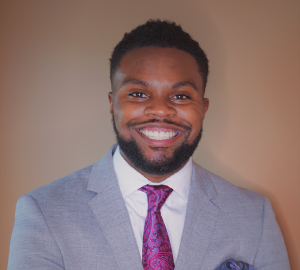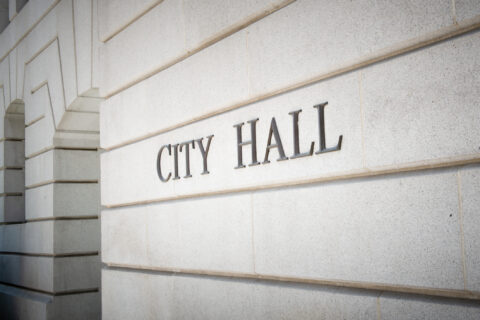The words of Martin Luther King Jr’s “I Have a Dream” speech played in the background. The voice of the renowned and revered civil rights hero seemed to echo through the screens as the National League of Cities National Black Caucus of Local Elected Officials (NBC-LEO) kicked off its “Reclaiming The Dream” initiative.
“In a sense, we have come to our Nation’s Capital to cash a check. When the architects of our great republic wrote the magnificent words of the Constitution and the Declaration of Independence, they were signing a promissory note to which every American was to fall heir … It is obvious today that America has defaulted on this promissory note insofar as her citizens of color are concerned. Instead of honoring this sacred obligation, America has given its colored people a bad check, a check that has come back marked “insufficient funds.”
1963 I Have a Dream speech
This important message from Dr. King addressing the economic default of America on its treatment of Black Americans. The launch event focused on the role of philanthropic organizations, one of the five pillars of the initiative.
There was a much-needed conversation on the role that philanthropy has in addressing the wealth disparities in America’s cities. Moderated by NLC CEO and Executive Director Clarence Anthony, the speakers were Susan Taylor Batten, CEO of Association of Black Foundation Executives (ABFE) and Russel Neal, president of NBC-LEO. The launch offered laughs and reflection as NBC-LEO moved forward to engage and educate Black elected leaders on reclaiming the American Dream for their own.
Batten noted a phrase from Dr. King’s speech that resonated with her: “There will be neither rest nor tranquility in America until the negro is granted his citizen rights.” Noting that ABFE was celebrating its 50th year and taking this year to reflect on their work with black executives who work with national, regional and local foundations and if the Black community is still following this charge.
ABFE, she explained, has worked to bridge disparities in philanthropy by making grant writing more effective, impactful, and relevant to our experiences and connecting Black people with other Black institutions so dollars stay within the community. Batten encouraged the audience to think about the ecosystem (infrastructure) of building economic power in Black communities being more than just getting capital. She also noted the significance of giving more resources to community development financial institutions (CDFIs). Foundations and local governments can also work together to examine the consequence of policies that have negatively impacted Black Indigenous and People of Color (BIPOC) communities.
In introducing the panel, Anthony reflected on the strides and challenges facing the Black community. The Reclaiming the Dream initiative “is focused not just on the disparities but highlighting the tools the Black community needs and leverage locally in combating these issues.”
Throughout America’s history, Anthony noted, Black Americans remain the most ardent believers of the potential of America. Neal could not agree more. He described philanthropy as the “key to sustaining the work of NBC-LEO” and the social mobility of the Black community.
Noting the disparities in philanthropy, Neal pointed out that these inequities come in the form of simply not having the correct paperwork to file grants, infrastructure, and information technology. All in all, Neal believes it is not enough to have an individual plan, city by city, but we must have a collective national plan to combat systemic racism.









